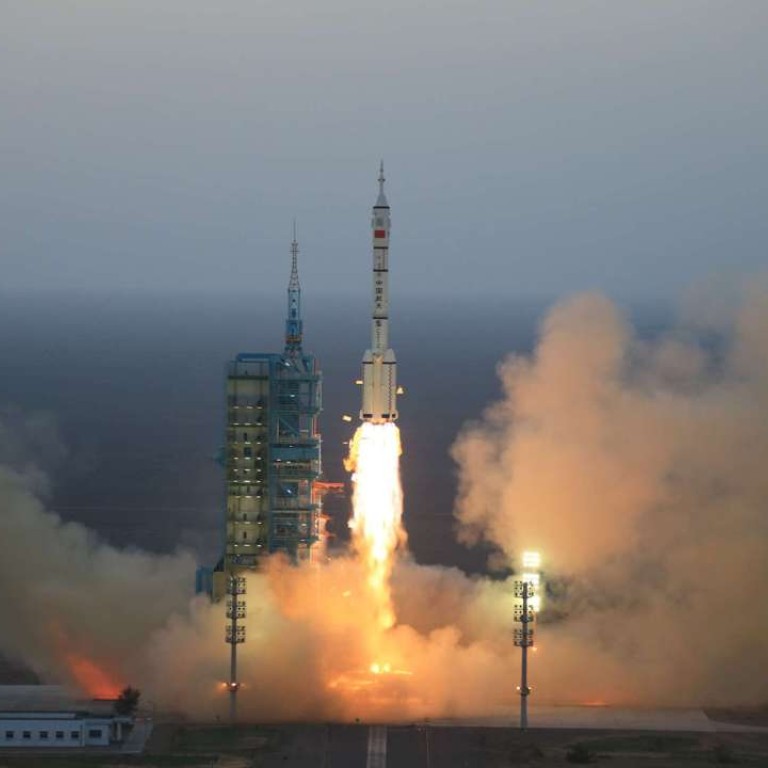
Pool global resources for space exploration
Scientific pursuits need to be off limits to politics, which breeds mistrust rather than much-needed cooperation
It says something about humankind’s appetite for new frontiers and curiosity about what lies beyond that China’s latest leap forward in manned space conquest continues to excite such swelling pride at home and interest abroad among the scientific community and people in the street alike. Apart from Chinese characteristics, there is not much that is groundbreaking about it. But the historic significance of China’s longest space mission, begun with the launch of the Shenzhou-11 spacecraft carrying two astronauts who have docked with an orbiting space laboratory for a 30-day stay, will be enduring.
China is fast drawing level in orbiting technology and research and even raising the bar in some respects, with plans for a full space station by 2022, ahead of deeper manned space probes. Space exploration is developing a critical mass of main space-faring nations – the United States, Russia and China – followed by India, Europe and Japan among others.
The stage is therefore set for exploration that further pushes the frontiers and deepens knowledge of space, but is so expensive and scientifically and technologically demanding that it makes sense for space agencies to consider collaborating by pooling resources and working together on targets and missions.
For that to happen, such scientific pursuits need to be off limits to politics, like American lawmakers’ past distrust of links between Nasa and Chinese scientists. The respective space administrations and scientific communities, not to mention the White House, have made it clear they do not share these attitudes.
President Barack Obama has recommitted America to a manned mission to Mars by the 2030s. China, meanwhile, is preparing for the future with astronaut succession planning, pairing two-time space traveller Jing Haipeng, 49, in a mentor role with space debutant Chen Dong, 37.
Prospects for future travel to outer space may ultimately depend on joint international efforts and cooperation between government and private sectors, as in the US.

